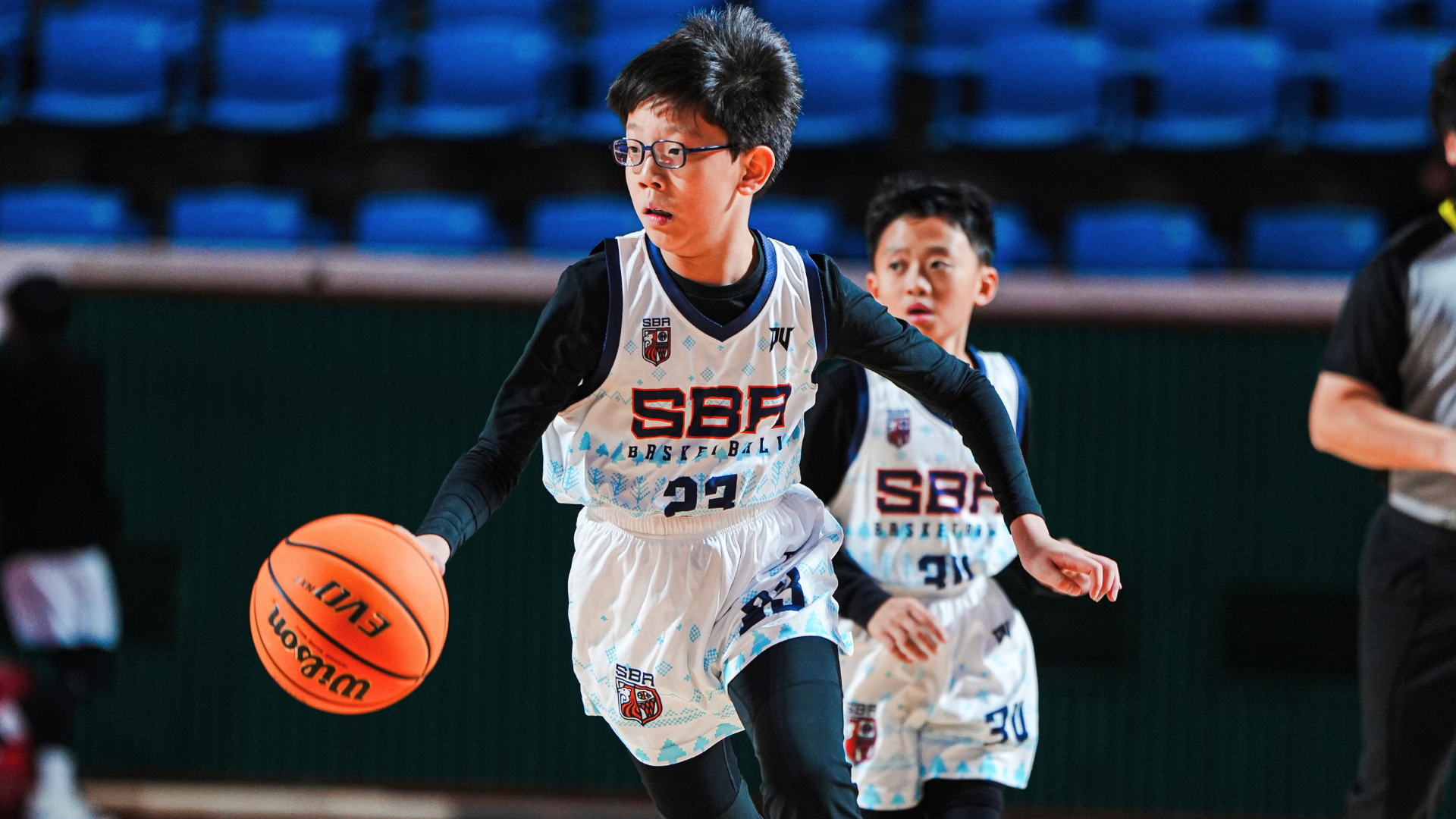Some basketball strategies are instinctive, while others are meticulously planned. Offensive strategies encompass the various tactics employed to achieve a common objective: advancing the ball up the court for an open shot. Let’s dive into it.
Motion Offense
This free-form offense adapts to defensive schemes, driven by player intuition and reactions rather than set plays. Players continually cut, screen, and pass, promoting spontaneous scoring chances. It’s effective against man-to-man defenses, as each player has a chance to attack based on their defender’s reactions.
Princeton Offense
Designed to control the game pace, this offense emphasizes teamwork and passing over individual plays, ideal for teams looking to slow down faster opponents. It focuses on moving defenders out of position and opening up perimeter shots, making it well-suited for skilled passers and shooters working in a 2-2-1 setup, emphasizing screening and backdoor cuts to create scoring lanes.
Continuity Offense
With cyclical movement, players reset back to the starting position until an opportunity arises. This approach requires discipline and effective ball movement, often using screen actions to find gaps in defenses. It maintains a rhythmic, constant pressure on defenses until they’re forced to leave a shooter open.
Shuffle Offense
Known for its quick, patterned movements, the shuffle offense uses fast rotations and player interchanges to overwhelm defenders. The primary action involves cutting, screening, and constant repositioning, which can open shooting opportunities but also risk predictability if opponents recognize the pattern.
Wheel Offense
Using a continuous circular movement, this offense focuses on versatility and adaptability, allowing players to rotate through positions based on ball location. Set in a 1-3-1 formation, it relies on well-coordinated passes, cuts, and screening for open shots. Wheel Offenses are versatile, but without strong shooters or decisive handlers, it can lose effectiveness.
Triangle Offense
Popularized for its balance between set structure and flexibility, this offense forms a triangle with three players on one side of the court, creating natural spacing. The triangle allows for isolation plays, quick passes, and high-percentage shots while maintaining an open space for rebounds and movement. It requires both tactical memorization and quick decision-making to be effective, rewarding teams with disciplined execution.
Understanding and implementing various offensive strategies is crucial for basketball teams aiming to maximize their scoring potential and effectively counter defensive setups. Each strategy has its unique strengths and weaknesses, and coaches must evaluate their team’s capabilities and the opposing team’s style to determine the best approach.
At Scholar Basketball Academy, our programs dive into these techniques, helping players build game IQ, enhance decision-making, and elevate overall gameplay. Don’t miss your chance to refine your strategy and performance; join SBA programs today to master these offensive tactics and more!

